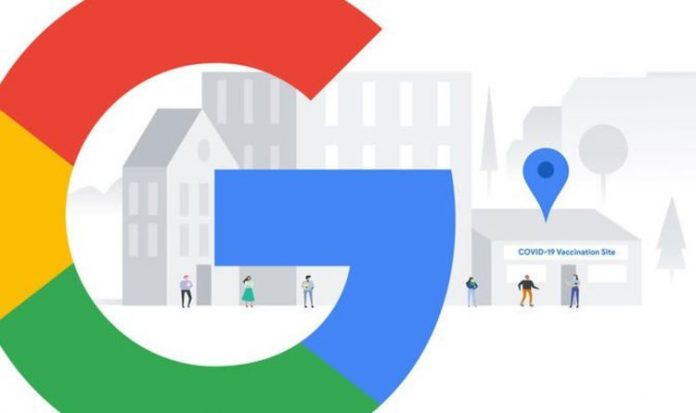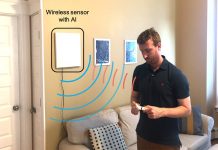Google has started to populate its hugely-popular map service with coronavirus vaccination centres. According to the Californian company, searches for “vaccines near me” have increased five-fold in recent weeks. Not only will the location of nearby vaccination centres be coming to Google Maps, but the US technology firm will also add the information to its Google Search results.
The latter will take the form of a small Google Maps preview that sits atop of the webpages and news stories in relation to your search. Tapping on the preview will load-up the Google Maps app (if you’re on a smartphone or tablet and have the app installed) or website to let you request turn-by-turn directions. As always, Google Maps offers driving, cycling, walking and public transport directions.
In some cities, such as London, Google Maps also offers shortcuts to a number of taxi providers, including Uber, Bolt, and Gett, to let you book a ride to your destination.
According to a blog post, Google Maps will begin listing vaccination centres in Arizona, Louisiana, Mississipi, and Texas, “with more states and countries to come.” With any luck, the UK will be pretty high on that list of prioritisation. The UK is leading the way in Europe when it comes to vaccinations – with the 7 million vaccination milestone passed earlier this week. The UK is currently third globally, behind only the United States and China.
Google says its new vaccination feature will also display information, including whether you need to book an appointment or require a referral to get a jab. If the vaccine is being limited to certain population groups, such as the over-80s, that will also be listed in the description of the location, Google says.
MORE LIKE THIS
Google warns Gmail users to accept new terms or lose key features
Writing in a company blog post, Sundar Pichai, CEO of Google and Alphabet, said: “We recognize that getting vaccines to people is a complex problem to solve, and we’re committed to doing our part. Today we’re announcing that we’re providing more than $150 million to promote vaccine education and equitable distribution and making it easier to find locally relevant information, including when and where to get the vaccine. We’ll also be opening up Google spaces to serve as vaccination sites as needed.”




